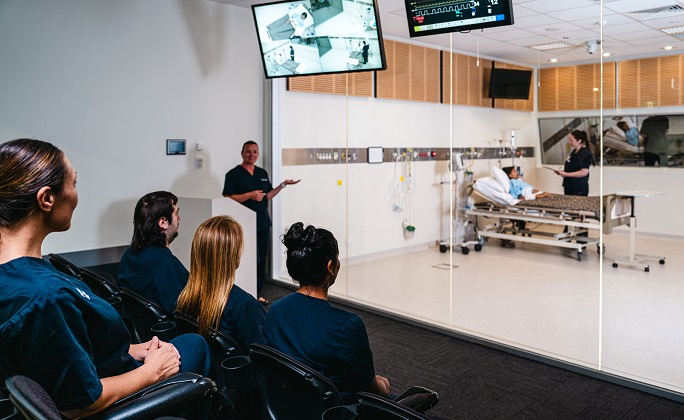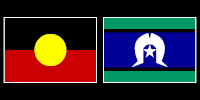An enrolled nurse is a professional who has completed, at minimum, their diploma qualification.
An enrolled nurse, while working a significant role, has less authority in a hospital. They will work as part of a team, more than in a supervisory role.
For example, while an enrolled nurse will have learned how to administer and monitor medicines and intravenous therapy, they will not personally be able to create and oversee these management plans of a patient.
So how do you become an enrolled nurse? You study Holmesglen’s HLT54121 Diploma of Nursing. After you complete this course, you will be able to register as an enrolled nurse with the Nursing and Midwifery Board of Australia (entry level criteria applies).




